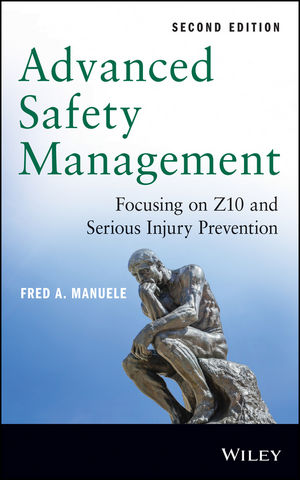We suppose an authentic person has a real, though unobservable, inner nature, and their actions derive from or reflect this inner nature. This is a kind of moral psychological realism: genuine inner features of personality and character influence (portions of) an individual’s behavior.
The notion that a leader must be authentic is certainly not new. Yet in the health and safety profession, we are confronted with a healthy scepticism of what we stand for. What do we stand for as a profession? How do our colleagues, our teams, our field personnel, our management and the general public perceive us? To answer these questions with credibility, we need to keep it real – to be authentic.
Many organizations pay lip service to the idea of safety. How often do we hear the slogan, “Safety is number one”? Is this truly an authentic message?
Organizational concerns aside, are you as a health and safety professional authentic on a daily basis?
Are you trustworthy? Do you have people's backs? Do you look out for self-interests, or are you concerned about the welfare of your people?
The amount of fear generated in the workplace today can reach toxic levels, thanks to economic uncertainty and job insecurity. The times call for authentic leadership — professionals in health and safety who employees can rely on with no ulterior motives at stake. Do you sincerely care for your people and your organization, and do you look strategically beyond the horizon to make your contribution?
Truth and accuracy
If you are the “real thing,” first and foremost you’re honest with yourself. Duplicity, back-stabbing, gossiping, undermining colleagues, spreading false rumors — these things only increase levels of anxiety and disengagement. Employees respect you when you make the tough calls, with no excuses and no hiding. Honesty also applies to how we manage our statistics. How do you manage your recordable incidents? Are you honest about your lost-time incidents? How do you manage investigations that highlight root causes with serious implications for your organization? An authentic leader says no to any fear that exists in the workplace. Stay the course with integrity and ethical behaviour.
No faking it
Health and safety is not a zero sum game. When you are “real” and “pragmatic” with your workforce, you’ll notice a difference in their attitudes and behavior toward you and your health and safety initiatives. Employees are tired of fake and empty safety slogans. Call it slogan-fatigue. Talk to your people as though they are family – brothers and sisters – or your neighbors and friends. Does this mean everyone will be best friends? No it will not. Yet it will change your relationships from managing to collaborating with your workforce.



